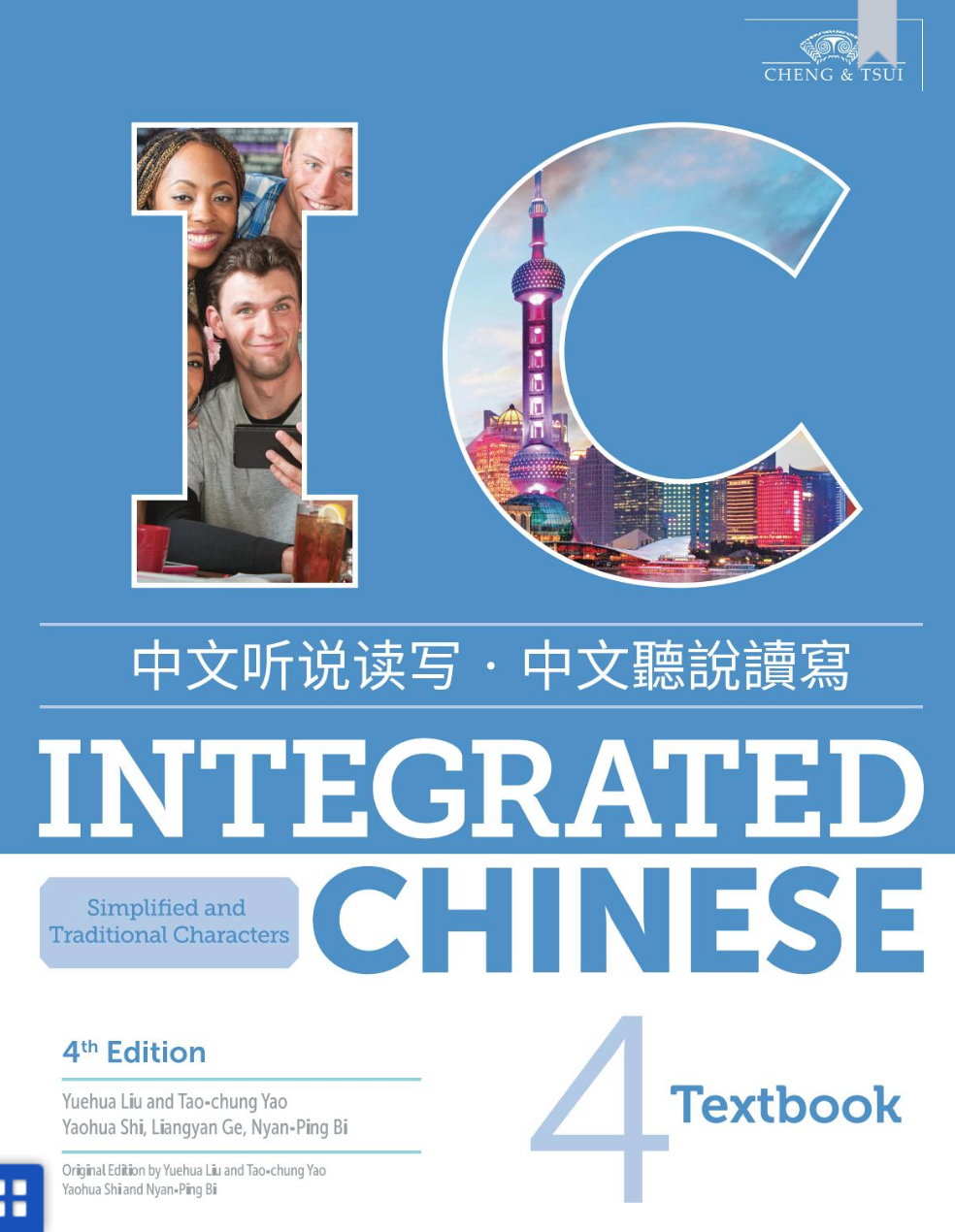Course for UtuGradu checks for 2025
- Opettaja
Filip Ginter
I am a second year masters' student in the Faculty of Medicine at University of Turku and this course is required for plagiarism checking in my master thesis.
In the Welcome to UTU course area, the most important information has been gathered to support the onboarding of a new arrival and the most relevant content for self-directed university-level onboarding.
In addition to new arrivals, the course area is intended for those who have changed jobs or units, for those who have returned to work at the university after a longer period of absence, and also for everyone who wishes to familiarise themselves with the contents of the course area!
If you want to join the course area, please press the button below Enrol me.
The course introduces the mostly unknown literature with reference to better known historical figures of the First World War and the Russian Civil War. The literary part deals with mass military fiction and the works of various authors of the period. The early stories of the later famous Soviet male authors Boris Lavrenev, Boris Pilnyak, Pavel Bliakhin, Veniamin Kaverin, Eduard Bagritsky, etc., will be analyzed from the intertextual point of view. The study of the novels of Sofia Fedorchenko, Liusia Argutinskaya, Tatiana Dubinskaya, the "forgotten" women writers who took part in these wars, as well as the memoirs of unknown nurses, will shed light on the Sisters of Mercy and female soldiers as underexplored heroines. The course shows how historical and semi-mythological images and stories, such as the legend of Stepan Razin, were linked to wartime images of women. The historical part will reveal the origin of female commanders of the Russian Civil War fictional characters from the images of people described in historical documents. All texts will be placed in a broad historical, biographical, cultural and social context.
Objectives
After completing the course the student is able to:
- evaluate how molecular biotechnology and diagnostics are applied in industry or at the university
- use different methods in laboratory setting
General working life skills:
- general laboratory working skills
- work experience

Objectives
After completing the course the student is able to:
- evaluate how molecular biotechnology and diagnostics are employed in a research project in industry or at the university
- use different methods in laboratory setting
General working life skills
- general laboratory working skills
- working skills in a project

The course will introduce students to quantitative research using interactions. The focus will be on learning to implement interactions (using Stata) and on interpreting the results.
Course available for students studying in the TSE Doctoral Programme
Objectives
The purpose of the course is to study the Finnish and Nordic Corporate Governance system of listed companies and it´s regulatory background.
The student is familiar with the theories and key themes in venture creation and is able to compare and parallel them to experience-based view of entrepreneurship. The student is able to consider and analyse key issues in starting and running ventures in different contexts. The student identifies individual, organizational and environmental factors influencing venture creation. After the course the student abilities for academic work will have enhanced.
Course Audience and Objectives
This course is designed to meet the specific needs of second- and third-year Chinese major students who are preparing for advanced-level writing tasks in academic and professional contexts. It offers guided practice in writing across key Chinese genres, helping students build fluency, stylistic control, and rhetorical awareness.
By the end of the course, students will be able to:
· Write clearly and effectively in a range of genres using advanced vocabulary and grammar.
· Use appropriate structures, tone, and rhetorical strategies for different writing tasks.
· Describe people, events, and places in vivid, detailed language.
· Present arguments and explain social phenomena logically and clearly.
· Format formal documents such as applications and emails using correct conventions.
· Revise and improve their own writing based on feedback.

Intermediate Chinese II (Spring 2025) builds on the foundation established in Intermediate Chinese I, guiding students toward proficiency at the B1 level on the CEFR scale. This course focuses on improving students' listening, speaking, reading, and writing skills through a combination of flipped learning and task-based activities.
In this course, students will:
The course is structured to promote active learning, with:
By the end of the semester, students will have a deeper understanding of Mandarin Chinese, as well as the skills needed to apply it in academic, professional, and personal contexts.

Course Overview, Participants and Outcomes
This course is designed for Chinese-major undergraduates and CEAS-major graduate students who wish to develop their knowledge of Chinese language politics and reform. It is a 5-CET elective module that requires 130 hours of study.
In China, language has long been seen as a powerful instrument of statecraft, intricately linked to the nation's aspirations for modernisation and national unity. This course explores the complex historical trajectory of language reform in China, examining how linguistic policies have been utilised to reshape social, cultural, and political landscapes from the late-Qing dynasty to the present day. It covers issues such as the formation of a phonetic system for Chinese characters, the simplification of characters, and the creation and promotion of a common national language with consistent pronunciation. It also analyses the motivations and politics behind these reforms. The module is designed to provide a solid foundational understanding of these topics. It underscores several key points: the language reform process has not been simple or linear, particularly during the late-Qing and Republican eras; that conceptual confusion is easily possible regarding certain terms (e.g., Mandarin), which have meant different things at different times; and that there is ongoing contestation regarding important (and politically controversial) issues, such as are many of the non-Mandarin language varieties in China (e.g., Cantonese) simply Chinese dialects or separate Sinitic languages. To examine these issues the course provides a number of readings and multi-media resources. It is important to read/view these materials in the order they are presented in the syllabus as this will ensure you build your understanding of the complex language reform process incrementally.
By the end of the course you will:
1. Understand the key language reforms that have been enacted since the late nineteenth century
2. Understand the motivations and politics surrounding these reforms
3. Appreciate the main debates about the outcomes and implications of the reforms in relation to issues such as national unity and minority language rights
4. Develop your ability to debate and critique important language reform related topics with your classmates with reference to relevant literature
5. Develop academic research and writing skills through composing a literature-based essay that critically analyses a specific aspect of Chinese language reform.
